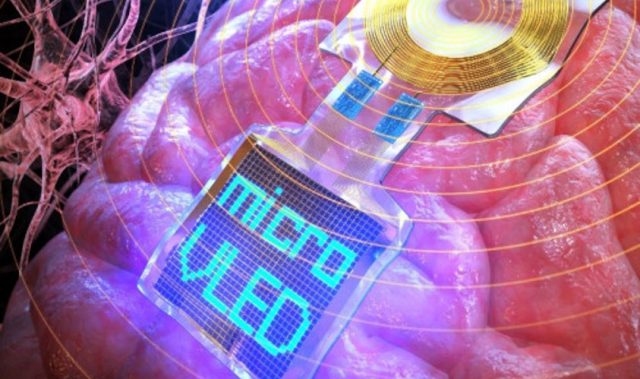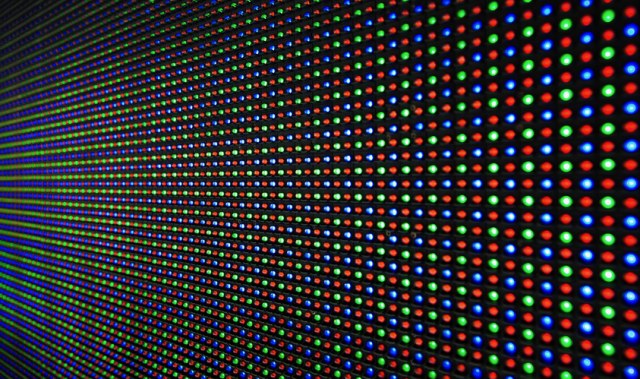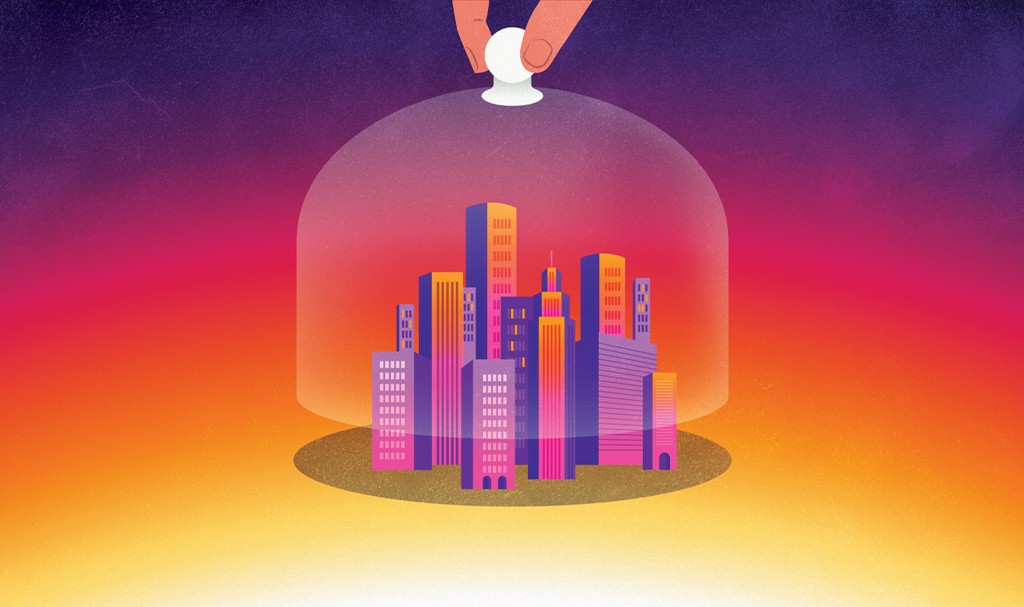
AsianScientist (Mar. 18, 2019) – In a study published in the journal Scientific Reports, a team of scientists in South Korea has demonstrated that blue-enriched light can effectively help people overcome morning drowsiness.
Considerable research has been devoted to unmasking circadian rhythms. In particular, the relationship between light and its physiological effects has been investigated since the discovery of a novel, third type of photoreceptor in the human retina in the early 2000s. Rods and cones regulate visual effects, while the third type, photosensitive retinal ganglion cells, regulate a large variety of biological and behavioral processes including melatonin and cortisol secretion.
Initial studies on light sources have shown that blue monochromatic, fully saturated lights are effective for stimulating physiological responses, but the relative effectiveness of commercially available white light sources is less well understood. Moreover, prior research was more focused on the negative effects of blue light. For instance, when people are exposed to blue light at night, they have trouble achieving deep sleep because the light restrains melatonin secretion.
However, Professors Suk Hyeon-Jeong and Choi Kyungah at the Korea Advanced Institute of Science and Technology have found positive physiological effects of blue-enriched light exposure in the morning.
The team conducted an experiment with 15 university students. They investigated whether an hour of morning light exposure with different chromaticity would affect their physiological and subjective responses differently. In students exposed to blue-enriched white light, levels of melatonin—the hormone that plays a role in sleep—declined more significantly than those in students exposed to warm white light. Study participants also reported feeling less sleepy after an hourly exposure to blue-enriched white light compared to those under warm white light.
Hence, blue-enriched white light may have positive effects on the subjective perception of alertness, mood and visual comfort compared with warm white light, said the researchers.
“When we investigate all of the psychological and physiological effects of light, we see there is much more to light than just efficient quantities. I believe that human-centric lighting strategies could be applied to a variety of environments, including residential areas, learning environments and working spaces to improve our everyday lives,” Choi concluded.
The article can be found at: Choi et al. (2019) Awakening Effects of Blue-enriched Morning Light Exposure on University Students’ Physiological and Subjective Responses.
———
Source: Korea Advanced Institute of Science and Technology; Photo: Pexels.
Disclaimer: This article does not necessarily reflect the views of AsianScientist or its staff.












